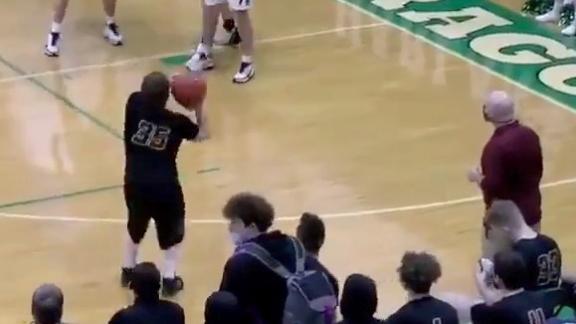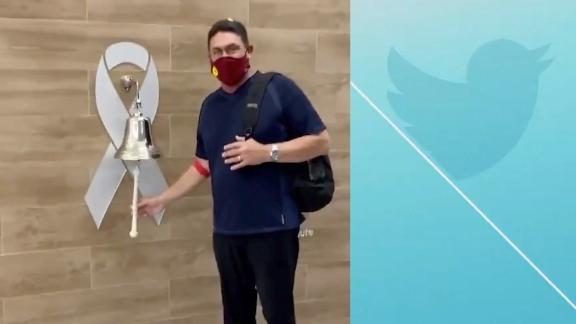Bob Martin began as a Brooklyn, N.Y.-bred gambler, which is to say he was like every other kid born and raised in the borough during the Damon Runyon era. As a teenager he booked "six-hit" bets, in which he gave odds on any combo of three baseball players getting six hits in their games. By the time he entered World War II, he was so skilled as a bookmaker he was taking bets from his fellow infantrymen. He left France $30,000 richer.
Naturally, Martin eventually moved to Las Vegas, where he was hired by one of the original standalone sports books, Churchill Downs. It's easy to forget that sports books weren't an integral part of the Bugsy Siegel's Las Vegas. It would be more than a generation, after the state lowered the tax rate on handle, before gambling on games became commonplace.
Martin revolutionized how the spreads were made. His lines were so pure they barely moved, no matter how much money he took on one side or the other. He was undaunted by action, and soon enough, the lines outside the door of Churchill Downs were snaking around the corner. Not with bettors, but with other bookies.
"When Martin put up the lines," Vegas historian Peter Ruchman told me when I reported "The Odds," "The people waiting would run to the payphone to call their bosses, so they knew what to post."
Try to understand, this was before cellphones, before the Internet, before desktop computers and software that helped you spy on every other line in the world. It was just Martin, posting his number, and through the gambler's grapevine it became the standard for every bookie on every corner from Los Angeles to St. Louis to Martin's old haunts in Brooklyn.
It was called The Las Vegas Line.




